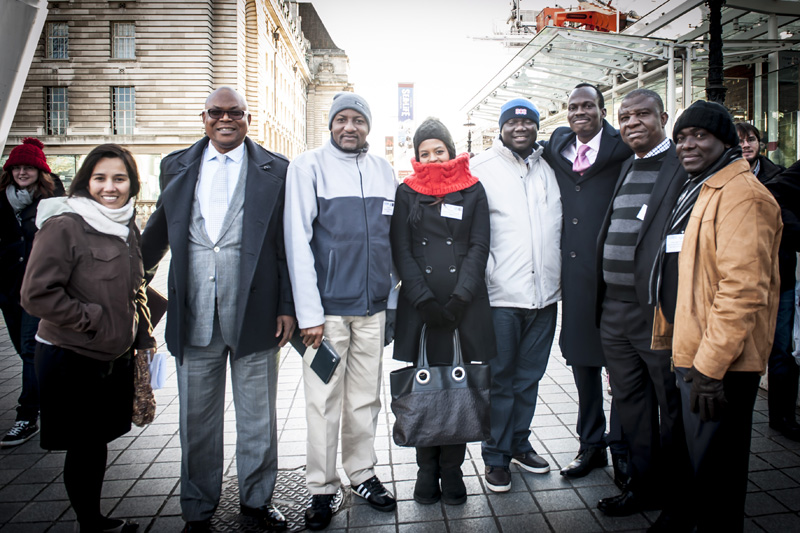UK expert tasks leaders on organisational confidence
By Hafsah Tilde
Caroline Lucas, Director Special Projects, TEXEM, has urged leaders to imbibe organisation confidence in their activities.
She said that this would engender the building of the much needed successful organisation and a motivated workforce.
In an interview with the News Agency of Nigeria (NAN) in Abuja on Sunday, Lucas said that stakeholder confidence is the cornerstone of organisational success.
She added that in times of volatility, confidence can be the difference between thriving and merely surviving.
She said that The TEXEM programme, Resilience in a Volatile World: Inspiring Transformation Successfully would prepare leaders to inspire trust and build alignment among stakeholders.
Lucas said that the programme running from Feb. 8 to Feb. 22 would ensure organisational resilience and growth among participants.
‘’The programme combines self-paced virtual learning with dynamic live sessions led by globally recognised faculty.
‘’Participants begin with one-hour daily activities, such as reading case studies and reflecting on practical scenarios, earning points that are displayed on a leaderboard.
‘’This competitive, gamified system drives engagement and fosters a culture of continuous learning.
‘’Weekly live sessions provide a platform to delve deeper into key themes, offering participants actionable strategies to enhance their leadership capabilities.’’
Lucas said that Ambassador Charles Crawford’s sessions would focus on the art of communication and influence.
Drawing from his extensive experience as a diplomat, she said that Crawford would equip participants with tools to build trust and inspire confidence among diverse stakeholders.
‘’For example, leaders learn how to communicate a compelling vision that aligns their teams and secures buy-in from investors, even in the face of economic uncertainty.
‘’Bradley Jones complements this with insights into strategic decision-making and stakeholder management.
‘’His sessions explore how to engage stakeholders in collaborative problem-solving, ensuring that decisions are not only effective but also widely supported.
‘’By fostering a sense of shared ownership, leaders can build coalitions that drive organisational resilience.’’
She said that another lead speaker, Dr TB McClelland Jr., would address the behavioral aspects of stakeholder engagement, focusing on empathy, adaptability and active listening.
Lucas said that the participants would learn how to navigate complex stakeholder dynamics, ensuring alignment even when interests diverge.
‘’For example, McClelland highlights the importance of understanding stakeholder motivations and tailoring communication strategies to address their concerns.
‘’The programme’s emphasis on practical application ensures that participants leave with actionable tools to influence effectively.
‘’Through scenario-based exercises, leaders explore how to navigate high-stakes challenges, such as talent scarcity or rising operational costs.’’
Lucas added that the framework of the programme would allow participants to develop a stakeholder engagement strategy to support a major organisational transformation.(NAN) (www.nannews.ng)
Edited by Ismail Abdulaziz





